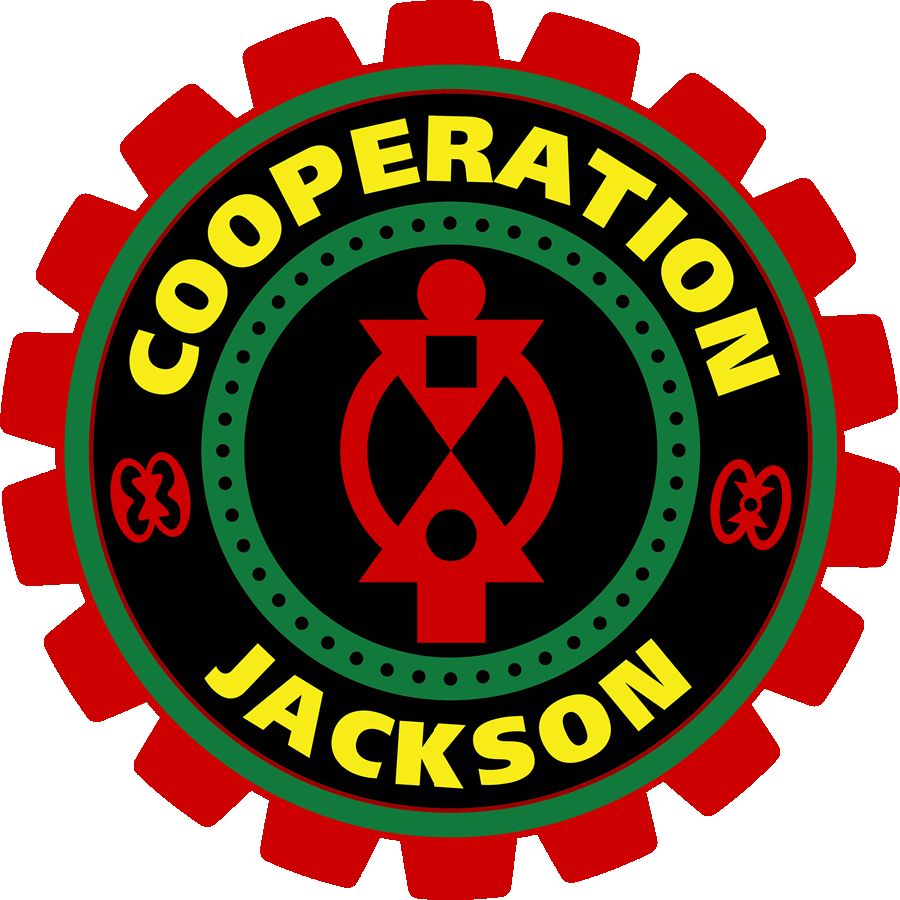Activists are sharing land in Vermont with people escaping climate disaster
/By Ella Fassler
June 29, 2021
VICE Magazine
Climate projections for the state of Mississippi look bleak. Temperatures currently exceeds dangerous levels on an average of 25 days each year in the state—a figure that is expected to quadruple by 2050. According to a report by the Institute for Economics and Peace, 1.2 billion people around the world are projected to become displaced as climate refugees in that same time period.
Kali Akuno moved to Mississippi in 2013, despite being aware of the risk. With an 80% Black population and relatively inexpensive real estate, he and other activists saw Jackson, MS as fertile ground for their efforts to promote Black autonomy. Through the organization Cooperation Jackson, Akuno helped acquire about 50 vacant properties and turn them into collectively-owned housing, urban farms, and cooperative businesses, which operate through collective decision making without an owner or bosses.
But five years later, Akuno and other organizers decided it was time to develop a serious contingency plan for climate catastrophe. They formed partnerships with groups in Vermont, where climate projections look relatively less grim. “We're just trying to get a jump on [the climate crisis],” Akuno told Motherboard. “It took us a while to come to that conclusion.”
Now, the plans are materializing. Earlier this month, Akuno and his family began moving to a home on a 175-acre farm operated by the Grassroots Center in rural Marshfield, Vermont. In conjunction with local indigenous populations, the center will legally operate as a “commons” through a land trust, where members can share resources collaboratively and participate in regenerative agriculture—farming practices meant to reverse environmental degradation.
The farm is one node in the newly formed “Network for Land and Liberation,” a project which aims to help Black and brown populations migrate and establish new ways of living to survive the climate devastation they will disproportionately face. Other organizations participating include Survivors Village in New Orleans, Community Movement Builders in Atlanta and Detroit, and Cooperation Humboldt in California.
“We're starting a really broad collaboration aimed at trying to help transition land and create regenerative agricultural economic opportunities for especially folks of color and young people, ” Henry Harris, an organizer with the Grassroots Center, told Motherboard. So far, one paid organizer has moved to Vermont, and others from New Orleans, Atlanta, Detroit and California may make the move eventually. “We’re trying to help straight-up climate migrants who are leaders in their communities get up to Vermont and get on land,” Harris explained.
The network is working toward building a “solidarity economy,” a transformative post-capitalist model of exchange where people prioritize communal relations, care, and cooperation over competition and self-interest.
There isn’t a single blueprint for constructing a solidarity economy. Through collective, non-hierarchical decision-making, groups decide how to organize themselves within their localities. Cooperatives, mutual aid projects, community land trusts, credit unions and barter networks can all form the building blocks needed for the new model of exchange. Disparate groups can then collaborate with each other on regional projects while maintaining local autonomy, a process with roots in anarchist-communist organizing called “federalism.”
Under this model, the network is creating a trucking cooperative to build a supply chain pipeline for exchanging food and goods. The cooperative, according to Akuno, will “support the critical work of the transformative organizations in these cities and link them and their communities in ways that enable anti-capitalist means of production and exchange to take root.” Cooperative farmers in Mississippi will ship local foods to Vermont, and vice versa. The ultimate goal is to build an infrastructure where people won’t need to rely on the capitalist economy, but the cooperatives will need to generate income in the meantime so workers can survive.
Community and relationship building is at the center of the work. Through a program called Regeneration Corps, the Grassroots Center and other affiliated community groups teach kids from six different high schools about regenerative agriculture, climate change, and racial equity and explain how the concepts intersect. The kids harvest and process veggies, talk about soil health and discuss cooperative land stewardship for academic credit. “It’s been really fun,” said Harris. “They kind of freak out. It sounds a little wonky, but they really like it. We keep it goofy.” This Summer, Black and brown mentors affiliated with the center are hosting a youth action camp of direct action training, protest art and radical political education.
While the work has picked up steam in Vermont, not everyone will be on board with a radically new economy. As the solidarity economy grows in strength materially, it is likely to be contested by the state and corporations, Akuno says. “I don't think we should fool ourselves,” he said. “Particularly as [cooperatives] become a larger part of the economy, if they can't be absorbed or if they can't be redirected as adjuncts of the capitalist economy they will make moves on us. We've seen and experienced elements of that just in our young history.”
In the coming months, Akuno plans on going back and forth between Vermont, Jackson, New Orleans, and Humboldt to help facilitate and build relationships.
The Grassroots Center will continue to prepare for the coming flood. “The clock is ticking, and it doesn’t matter how many liberal Vermonters say ‘refugees are welcome here,’” said Harris. “Unless there is a systematic path for homes, land and food production, there is going to be a lot of tension and people without any relief. So we’re getting ready.”
Update: A previous version of this article misattributed a report projecting 1.2 billion climate refugees by the year 2050—the report is by the Sydney-based Institute for Economics and Peace. Motherboard regrets the error.



